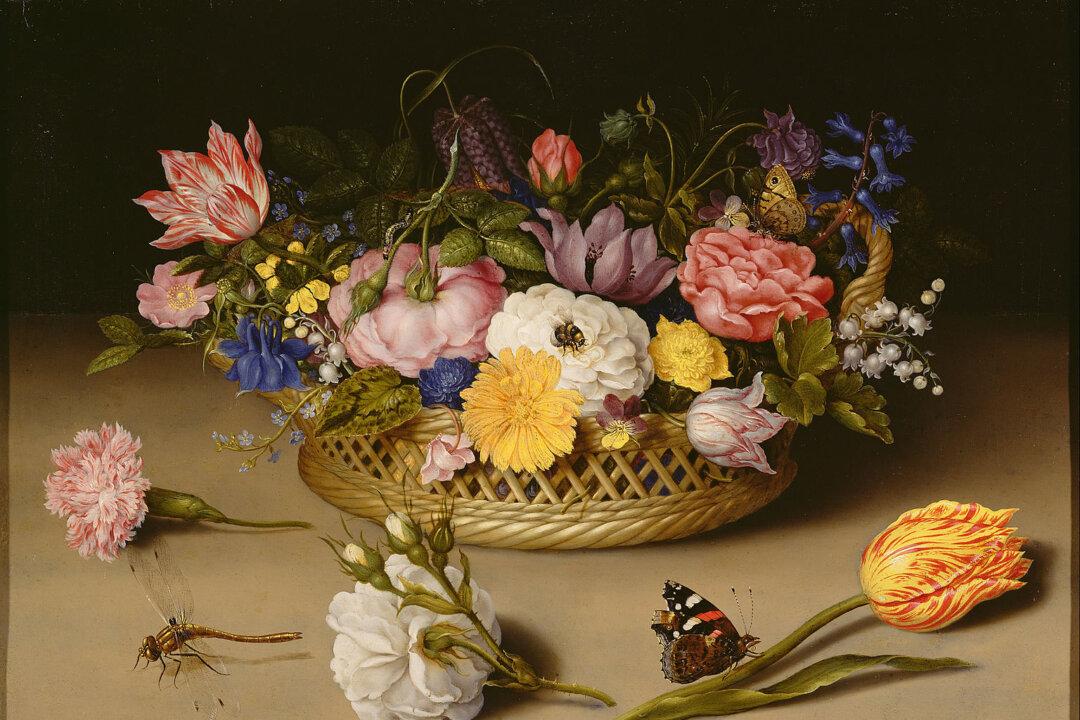Consider a flower. Is there anything in nature so delicate, so exquisitely fine, so beautiful? They shine like jewels amidst a bank of swaying grass. Flowers burst from the soil, breathing out fragrance and color with reckless abundance, an inexhaustible expression of the deep wells of life that lie hidden, brewing in the earth.

Wildflowers erupt in the fields of mountainous West Virginia. ForestWander/CC BY-SA 3.0






